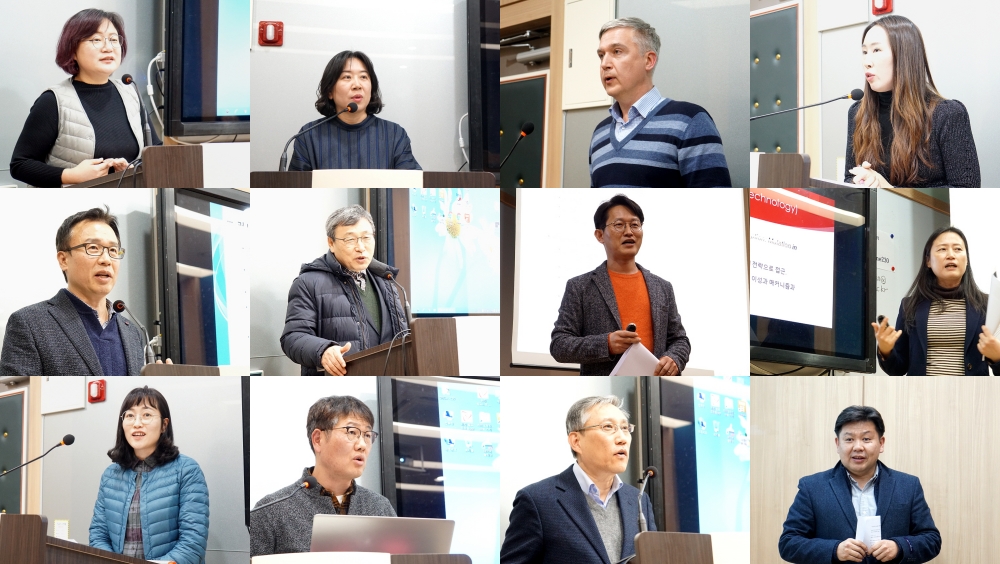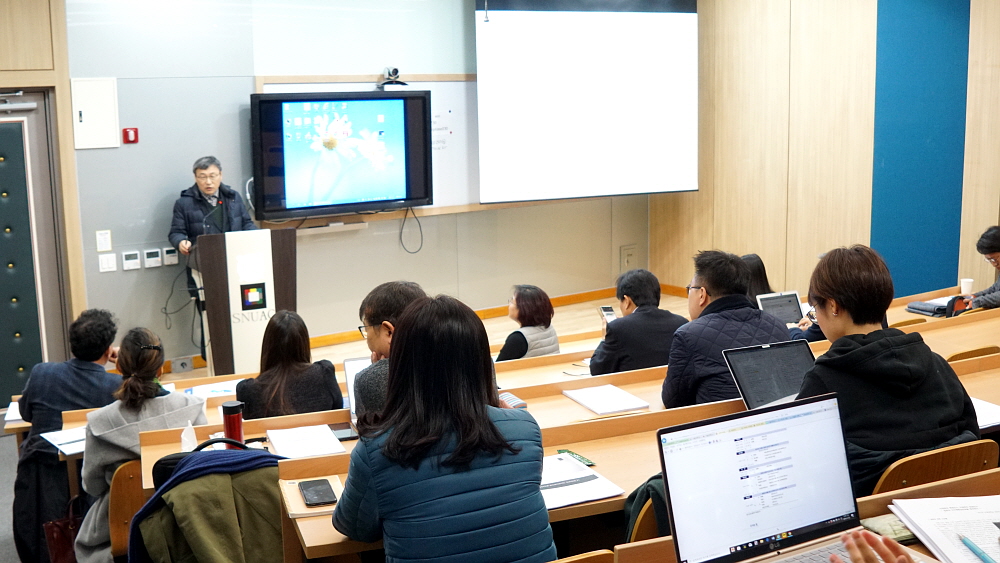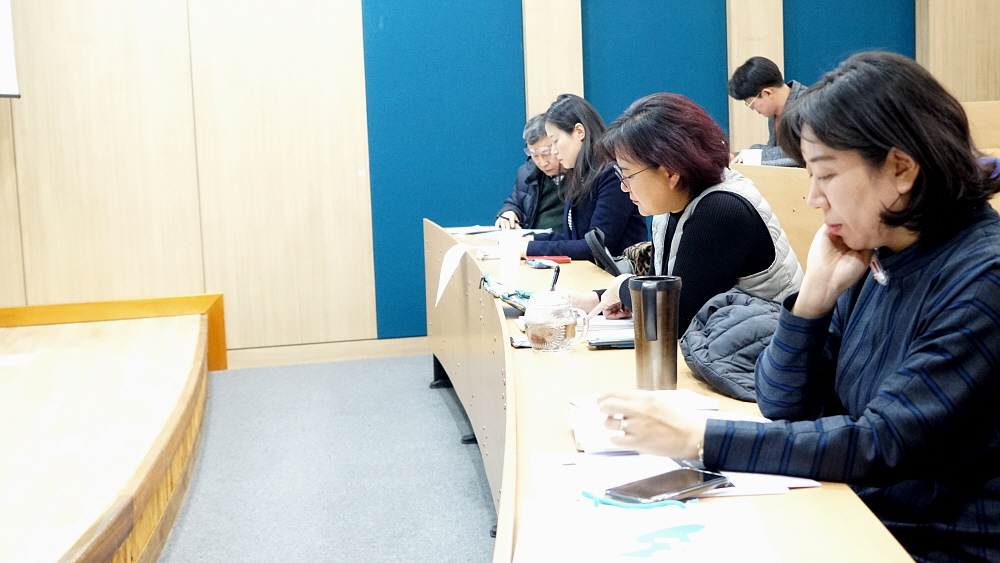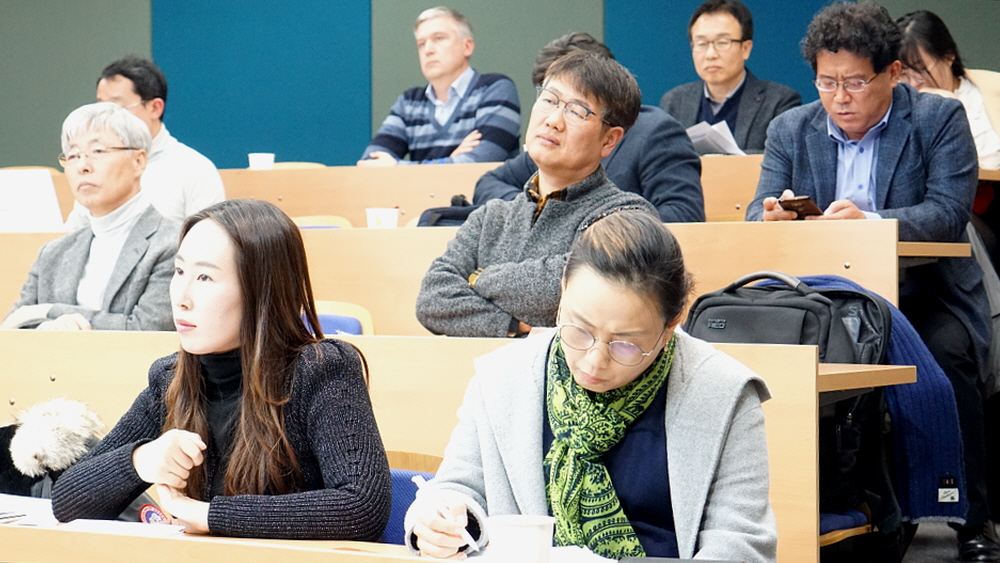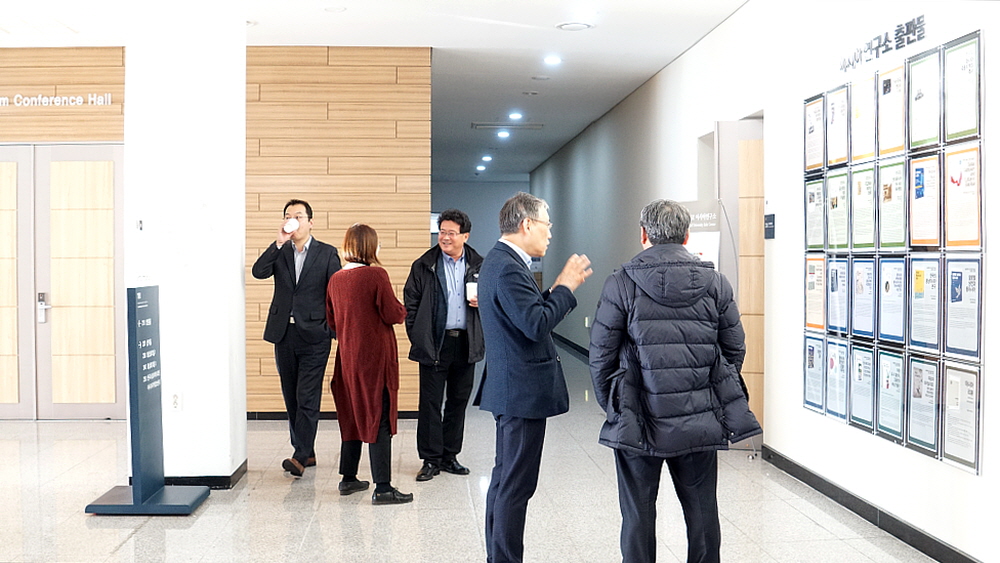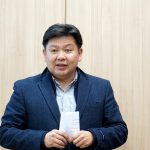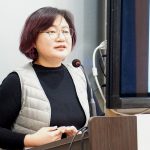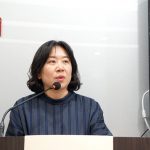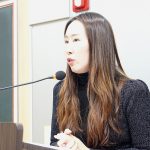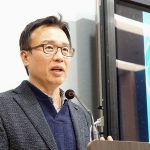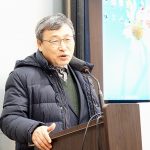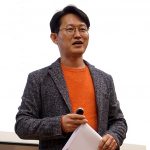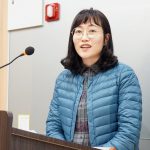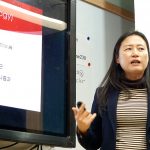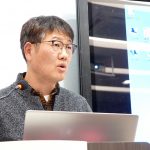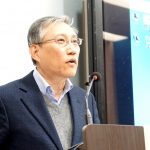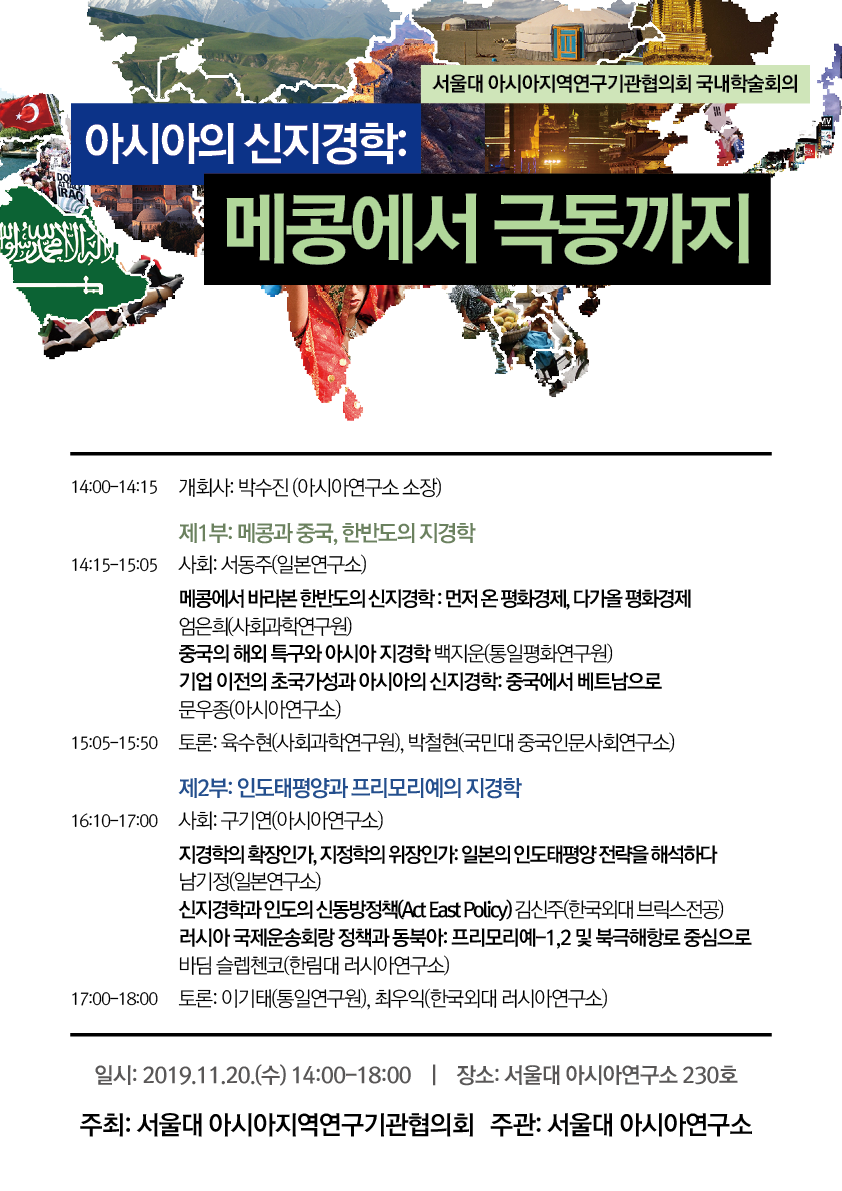
The New Geoeconomics of Asia: From Mekong to the Far East
- Date: November 20th, Wednesday, 2019 14:00-18:00
- Location: Room 230, SNUAC (Bldg. 101)
The New Geoeconomics of Asia: From Mekong to the Far East
SNUAC held an academic conference on ‘The New Geoeconomics of Asia: From Mekong to the Far East’ jointly with the ‘SNU Council of Asia Regional Research Institutes’ on November 20th. Following the collaborative research on ‘New Geopolitics of Asia’ in 2018, the SNU Council of Asia Regional Research Institutes has continued joint research on ‘New Geoeconomics of Asia’ in 2019.
In the opening speech, director SooJin Park of SNUAC spoke of the exchange, cooperation and significance of joint research among various research institutes in SNU that study the Asian region, congratulated the past achievements and presented a constructive prospect. Hyun-Chul Kim, director of SNU Institute for Japanese Studies, honored the conference with his expectations on Asia studies that allow us to reflect upon ourselves through the window of Asia away from a Northeast Asian orientation.
This conference was the result of interdisciplinary research on the Asian region including SNU Institute for Peace and Unification Studies, SNU Asia Center, SNU Center for Social Sciences, SNU Institute for Japanese Studies and other researchers. By studying the ambitious geoeconomic projects of each Asian country around the ‘New Economic Map of the Korean Peninsula’ – China’s ‘One Belt One Road’, Japan’s ‘Indo-Pacific Strategy’, Russia’s ‘New Eastern Policy’, India’s ‘Eastern Policy’, and various attempts by Southeast Asia – comprehensively and multidimensionally, the researchers sought to combine the view on the region of Asia and the issue of the Korean peninsula.
The conference consisted of session 1, The Geoeconomics of Mekong, China and the Korean Peninsula , and session 2, The Geoeconomics of the Indo-Pacific and Primor’e. Session 1 examined new geoeconomic attempts by state, corporate and between nations through ‘The New Geoeconomics of the Korean Peninsula, Seen from Mekong: Peace Economy Already Come, Peace Economy to Come’ (Eunhee Eom), ‘China’s Overseas Special Zones and the Asian Geoeconomics’ (Jiwoon Baik), and ‘Transnationality Before Corporations and the New Asian Geoeconomics: From China to Vietnam’ (Woojong Moon). Session 2 examined the situation and tasks of new geoeconomic attempts by Japan, India and Russia through ‘An Expansion of Geoeconomics, or a Disguise of Geopolitics?: Interpreting Japan’s Strategy for the Indo-Pacific’ (Ki Jeong Nam), ‘The New Geoeconomics and the New Act East Policy of India’ (Shinjou Kim), and ‘Russia’s International Transport Corridor Policy and Northeast Asia: Focusing on Primor’e-1, 2 and the Northern Sea Route’ (Vadim Slepchenko). Suhyun Youk (SNU Center for Social Studies), Chulhyun Park (Kookmin University Center for Interdisciplinary Research on China), Kitae Lee (Korea Institute for National Unification), and Wooik Choi (HUFS Institute of Russian Studies) raised in-depth discussions and issues on Asia’s imaginations on new geoeconomics and the theoretical, practical tasks that follow, and participants joined in on a passionate discussion session to share the necessity of Asia’s perspective as a region. The conference concluded successfully, with a promise for promoting systematic Asian studies through intimate exchange and cooperation among researchers and research institutes.


